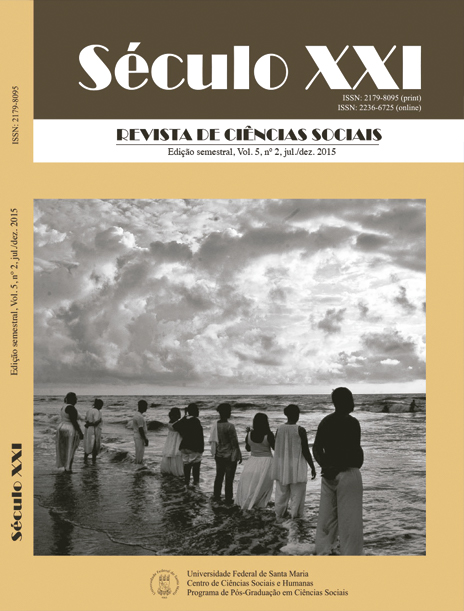Political culture and state in Latin America and the Philippines.
DOI:
https://doi.org/10.5902/2236672521591Keywords:
inequality, Latin America, Philippines, democracy, political valuesAbstract
The Latin American political model – and Brazilian one in particular – has often been attributed by local scholars to an Iberian heritage, and also by current researchers. This variable is also seen in the Philippines, former Spanish colony in Southeast Asia whose politics and culture have much in common with Latin America. These countries share social and political inequality, patronage, clientelism and challenges such as dissatisfaction with the political elites and high levels of urban violence. Although with institutional and cultural patterns that date back to the Iberian past, Latin American countries and the Philippines have faced opposite dilemmas. While corporatism and excessive statism are seen as problems in Latin American main economies, the main problem in the Philippines indicated by the literature is the state’s atrophy and inability: there would be excessive state in former colonies in the Americas and less state in the former Asian colony. We explore this coexistence of similar societies and different states to discuss causal arguments mobilized in Brazilian and Latin American literature. To support our approach among Latin American cases and the Philippines, we compare survey data and explore the contrast between the historical development of the Philippines and Brazil, considered here as a typical case of Latin America.Downloads
Downloads
Published
How to Cite
Issue
Section
License
Authors who publish in this journal agree with the following terms:
1. Authors keep the copyrights and allow the journal the right of first publishing, having the paper simultaneously licensed by Creative Commons Attribution License that allows the sharing of the article – copyright recognized - and first publishing in this journal.
2. The journal is allowed to require the copyrights transfer, allowing the article to be used under noncommercial purposes, including the right to send the paper to Free Access or Paid databanks, not assuming the obligation to pass on the value charged from users to the authors.
3. Authors are allowed to take additional contracts separately for nonexclusive distribution of the paper’s version published in this journal (e.g. publishing in institutional repository or as book chapter), recognizing the copyright and first publishing in this journal.







